NamUs creates division to aid victims’ families
By Jan Jarvis
When a loved one goes missing, families face unimaginable challenges, from coping with the disappearance to finding the person is deceased and then navigating the complex process of bringing them home.
To help families navigate the trauma related to a loved one’s disappearance, the National Missing and Unidentified Persons System, or NamUs, has created a Victim’s Services Division.
Mental health support, peer-to-peer networking and reunification are among the services available to families, said Tiffany Mow, Director of the Victim Services Division.
NamUs is managed within the UNT Center for Human Identification through a cooperative agreement with the National Institute of Justice. It has been used to resolve over 18,000 missing-person cases and almost 4,000 cases of unidentified decedents across the country.
Reunification involves supporting families who need help bringing a deceased loved one home.
“The purpose of this program is to reunite missing persons with their loved ones, regardless of the circumstances of their passing,” Mow said. “Our program is unique in that the person does not have to be a victim of a crime but could instead be a transient or someone who passed away naturally.”
The program assists family members with the cost of returning the individual home. Once the person has been identified, it covers the costs of exhuming the body, cremation and transportation. Funds are available to pay a portion of the cost of transferring someone home, Mow said.
The NamUs Victim Services Program Coordinators will also assist families in finding mental health providers for trauma-informed therapies and support groups.
A peer support network is also being created to link families with others facing a similar tragedy. The program is currently identifying volunteers to serve as peers throughout the country, Mow said. Volunteers will be provided with training and support in their role as peers.
“Peers are individuals who have gone through their own recovery and have a lot of knowledge to share with someone,” she said.
The peer support group is a way to reach out to help others through a difficult time.
“It’s more than just having someone to talk to,” Mow said, “It’s helping the person with navigating the system and working with law enforcement.”
Peers will provide support either over the telephone or in person.
“The focus is on the families and working with them to get them the help and support they need,” Mow said.
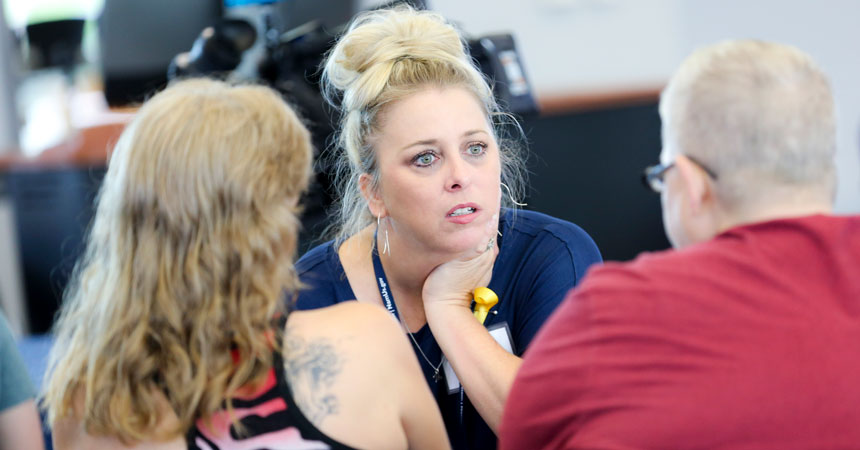
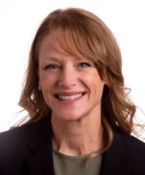
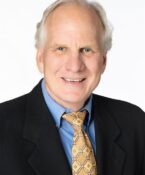
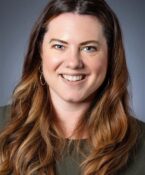
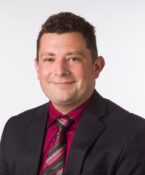

Social media